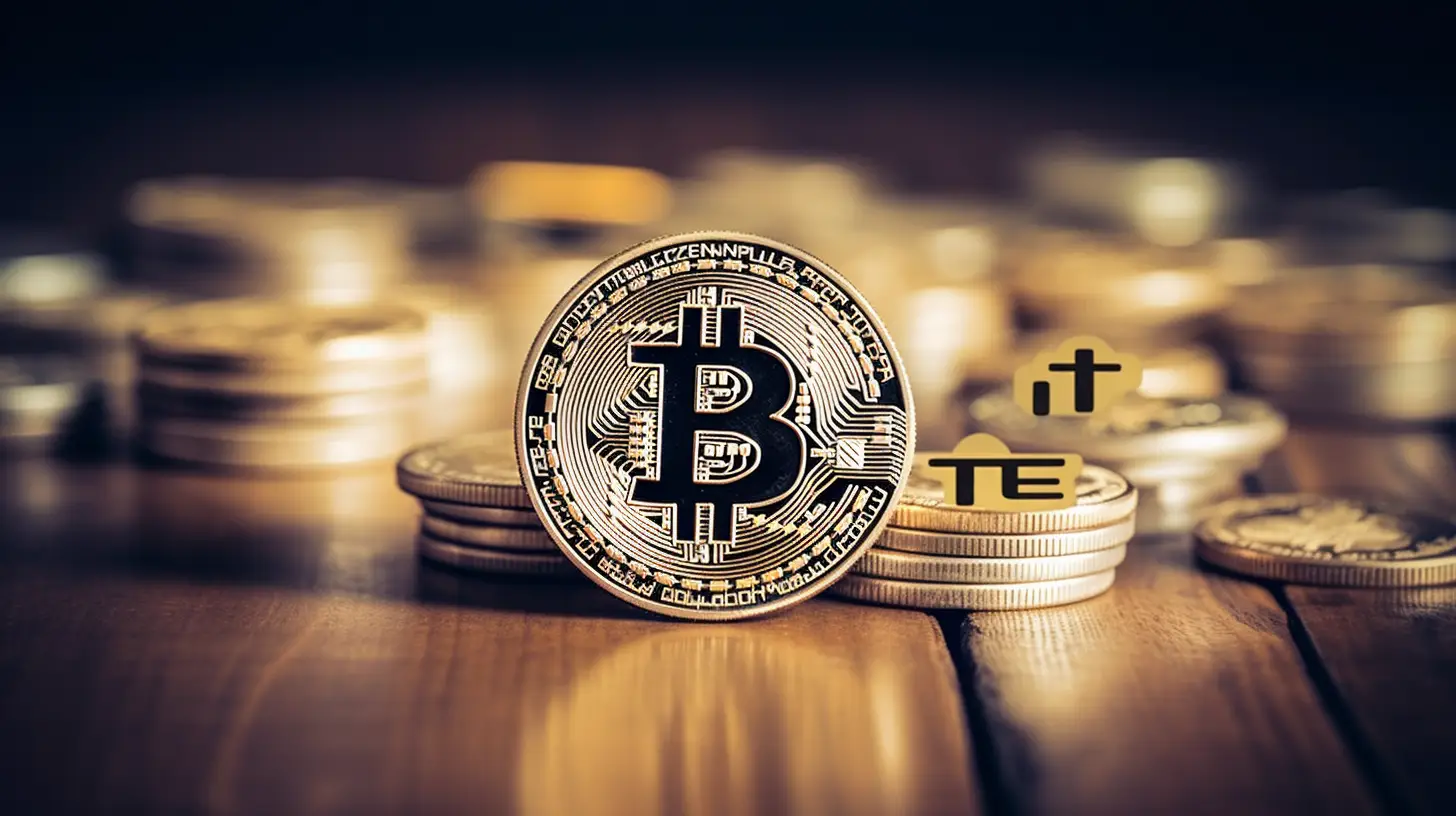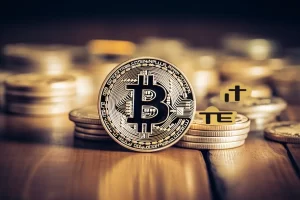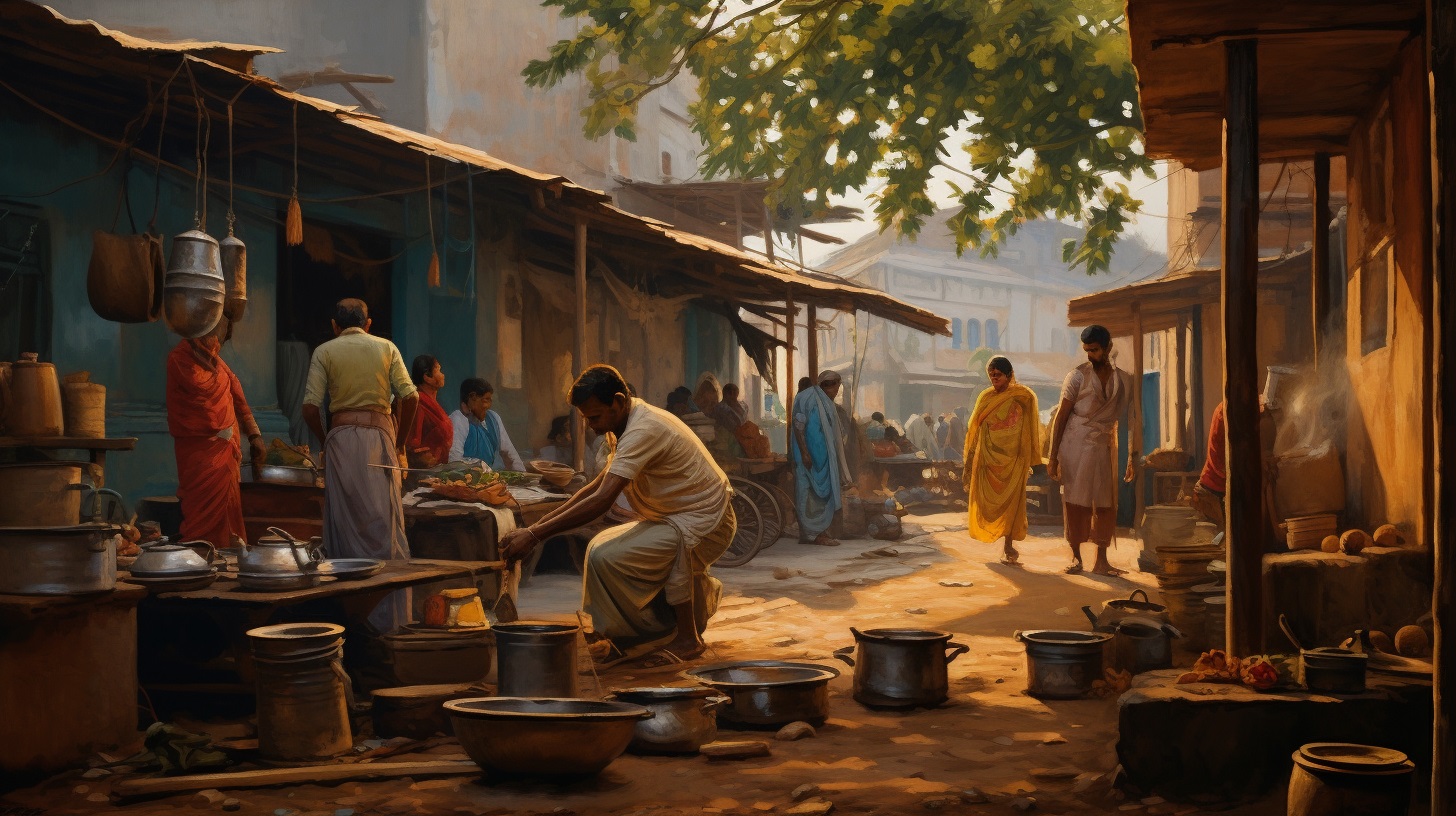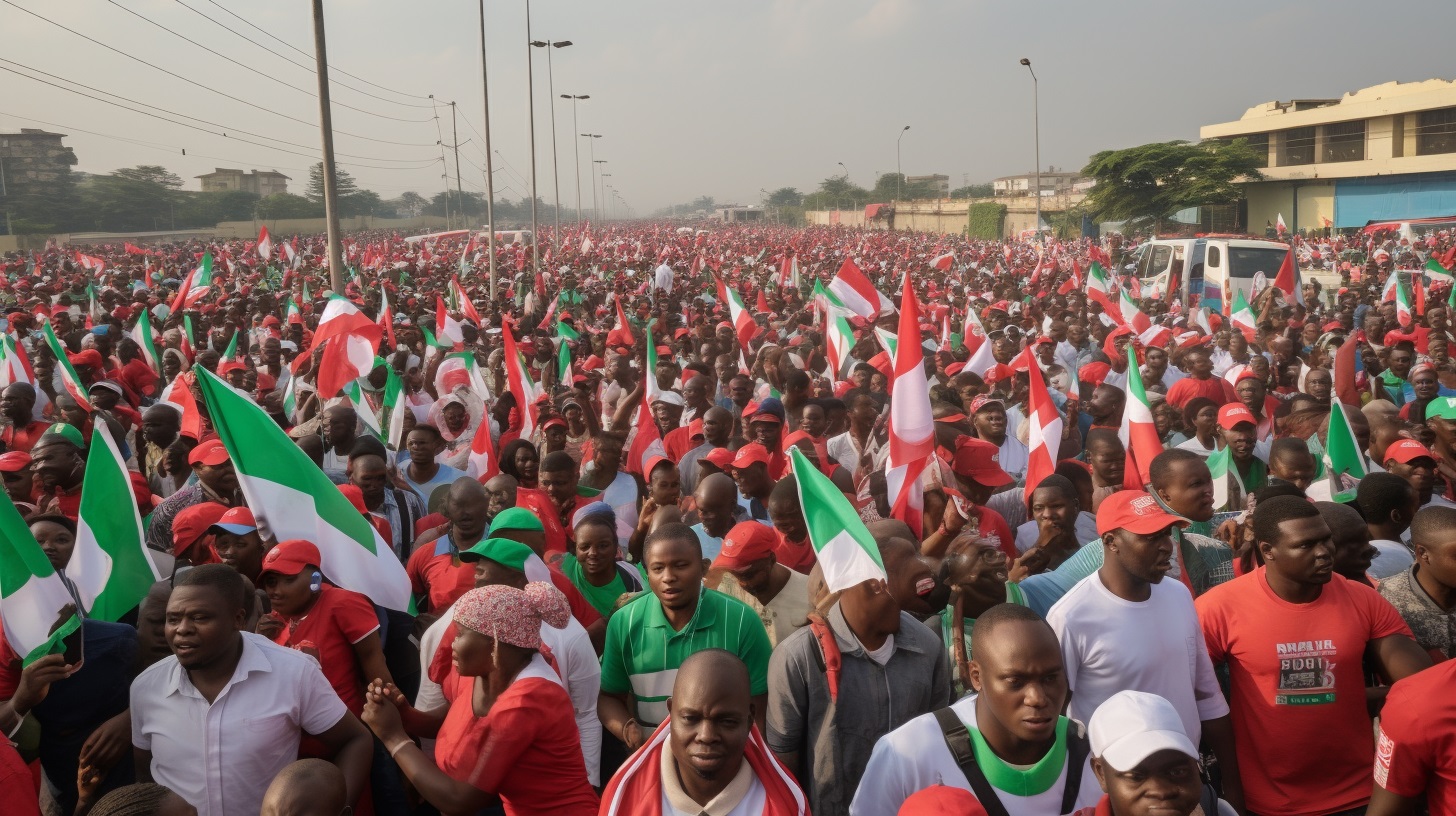In a recent turn of events, India has been at the center of speculation and controversy regarding a potential change of its official name to ‘Bharat.’ This move has garnered significant attention, not only within the country but also on the international stage. Let’s delve into the details surrounding this intriguing development.
The Bharat G20 Invitation: A Catalyst for Speculation
One of the key triggers of these rumors was the issuance of a state-issued invitation with a notable change. Prime Minister Narendra Modi’s government replaced the conventional English-language name ‘India’ with the ancient Sanskrit name ‘Bharat’ on dinner invitations sent to guests attending the G20 event1. This significant alteration immediately sparked curiosity and discussion both within India and beyond.
Historical Context and Significance
The British-Imposed ‘India’
India, as it is known today, received its name during the British colonial era. The name ‘India’ was bestowed upon the subcontinent by its colonial rulers, and it has remained unchanged for decades. However, with India gaining independence in 1947, there have been occasional calls for the country to revert to its historical name, ‘Bharat.’
‘Bharat’: A Return to Roots
The term ‘Bharat’ holds deep historical and cultural significance for the Indian subcontinent. It traces its origins to ancient Sanskrit scriptures and epics, such as the Mahabharata and Ramayana. ‘Bharat’ represents the traditional, indigenous identity of the country, and many argue that adopting this name would be a symbolic return to India’s roots.
Political Considerations and Controversy
The BJP’s Perspective
Hindu nationalist groups, notably the Bharatiya Janata Party (BJP), have been proponents of renaming India as ‘Bharat’ for years2. They argue that ‘Bharat’ better reflects the country’s cultural and historical heritage, emphasizing a break from the colonial legacy.
Opposition’s Stance
Conversely, critics argue that this proposed name change is a political maneuver by the BJP to advance its ideological agenda2. They express concerns about the implications of such a change for the country’s diverse population and its secular identity.
Legal and Parliamentary Procedure
The Indian government’s potential name change involves a formal legislative process. Reports suggest that the government may bring a resolution to rename India as ‘Bharat’ during a special session of Parliament3. This process, if initiated, will require thorough debate and approval in both houses of Parliament.
International Reaction
The global community has been closely watching these developments, given India’s stature as a major world player. The renaming could have implications for international diplomacy, trade, and agreements.
Conclusion
In conclusion, India’s contemplation of changing its name to ‘Bharat’ has sparked a passionate debate that transcends political, cultural, and historical boundaries. While proponents see it as a return to India’s roots and cultural identity, critics question the motivations behind this move. As the country navigates this contentious issue, the world watches with keen interest to see how India’s potential transformation into ‘Bharat’ unfolds on the global stage.
















